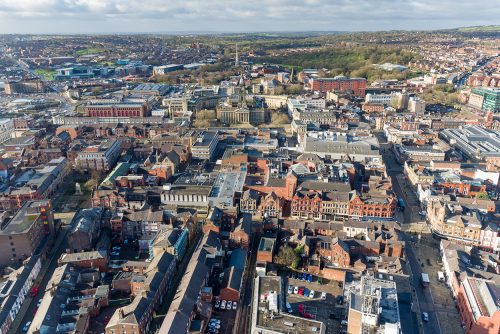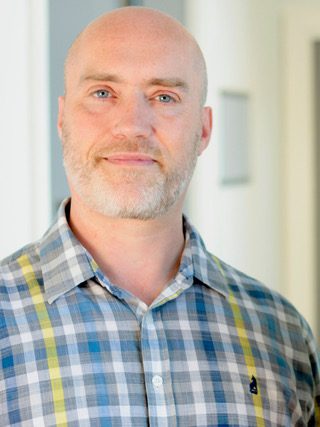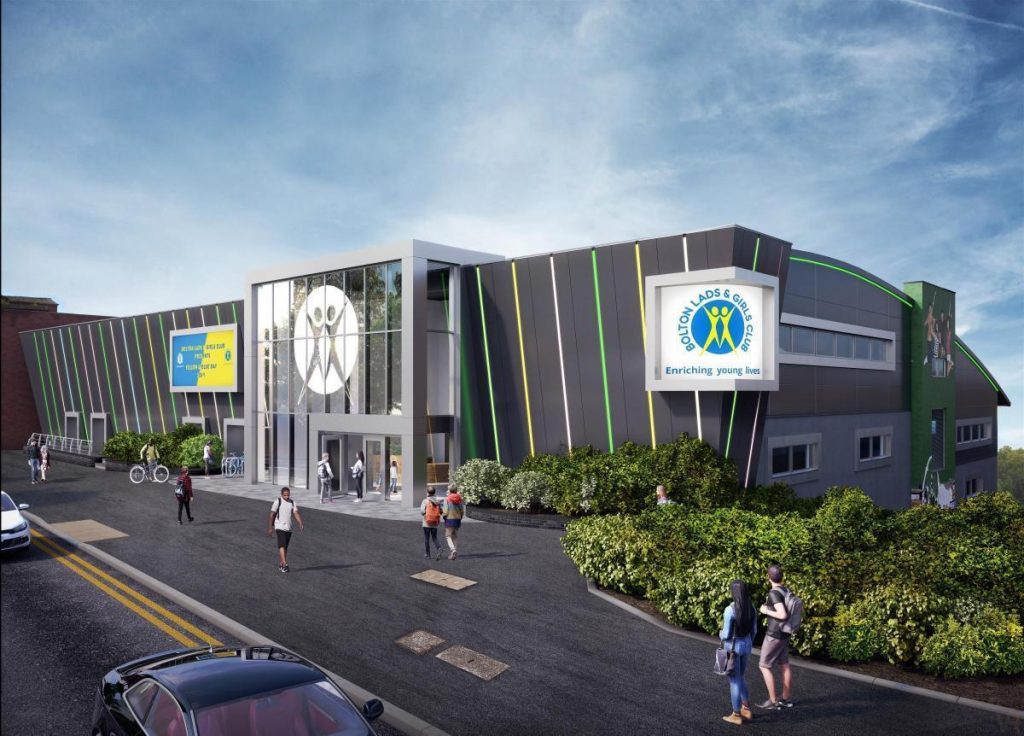Doing business in Bolton – and why more collaboration is needed

Doing business in Bolton – and why more collaboration is needed
With ambitious plans to reinvigorate the town centre, business is fundamental to Bolton’s future.
It’s already home to some of the UK’s well-known brands including AO World, Warburtons and Greenhalgh’s.
But is the eco system sufficient to start, grow and expand a business and what does it mean for the town’s young people.

Speaking at the ‘Regenerating Bolton’s Economy’ event in partnership with Orbit Developments, Phil Foster, CEO of the utilities marketplace and a major employer in the town, said skills and the war on talent was the biggest issue facing Bolton businesses.
“How do we keep the talent here when people are working from home and are being offered bigger salaries from London firms?” he asked.
“Personally, it’s been great to have founded the business here 15 years ago, majority of our staff are here from Bolton and it’s the talent and skills here are great.
“But we have seen major changes to how people work. We have 300 people, and I opened the doors to the office today and only 50 people came to the office. The rest are working comfortably from home and that’s great as we encourage flexible working and we know the benefits of that is they’re staying local to where they live, spending their money locally.
“But it’s a challenge for businesses when recruiting staff because there is competition for talent and I think businesses here are going through that at the moment and looking at how they can attract local talent.”
He continued: “It’s great that Bolton is going to start building some fantastic facilities around the town centre. But if we build them people aren’t just going to come to the town centre, we need to give them the pull and how do we create that pull?
“And there’s certainly been a challenge around engaging with businesses and community to bring people in.
“I don’t think we leverage the strength of the businesses here especially some of the tech businesses.
“Bolton is a strong tech hub, but people don’t know it. They see Manchester as the hub for start-ups and techs and that is the cool place to be.
“But we can really leverage our strength and bring the people to Bolton from Manchester where the rates and the rents are increasing.
“We built a great facility for our staff here and made them feel it’s cool to work in Bolton, so we’ve got to work on the Bolton cool factor at the same time and leverage some of those strengths.”
Foster said there were also opportunity for businesses and the hospitality sector to work better together.
“The challenge for businesses is getting people back into the office, and when you do that how do you as a team celebrate the excellent work and success? If a hospitality business has some downtime on a Thursday and Friday, how can they reach out to businesses saying we have space and how can we connect that together?
“And as a big employer in the town I have found that the engagement is not there. The connectivity between the council, the local establishments and local networks isn’t there.”
Tech entrepreneur Mike Todd is CEO of Near-Life, an edtech company that develops virtual reality and

Near-Life founders Mike Todd and Geseth Garcia
interactive video solutions and tools.
It is based out of The University of Bolton’s Institute of Management site having started life in Manchester.
“We came back because of the affordability here compared to Manchester and the chance to work closely with the university. Many of our brilliant staff are coming through from the university as they have a good computer science programme,” he said.
However, he noted that the town was lacking incubation space for businesses.
“I remember contacting business support organisation and asking around for incubation space, and they couldn’t find any.
“We are a growing company with clients all over the world and we couldn’t get the support here, and that was surprising to me.
“We started our business at Manchester Science Park and that interconnectivity between the universities and the knowledge economy is important and I that is definitely lacking here.”
Mike added that a more collaborative approach between the Bolton’s eco system, heritage and cultural establishments linked in with education could foster a more positive image of the town.
“If you look at what Marketing Manchester has done for Manchester, they’ve helped to develop partnerships, engage at a local, national and international level and leverage all the positives to put the city on the map and we can learn a lot from that collaboration.”
Karen Edwards OBE, chief executive, Bolton Lads and Girls Club, which is set to unveil their new flagship centre next month following a £2.4m refurbishment, said Bolton also agreed that Bolton needed to boost its marketing but can only do that by understanding what the Bolton brand is.
“We don’t have the right brand for who we are and what we are trying to achieve, and I suppose if we’ve not got that we are going to struggle,” she pointed out.
“In terms of our aspirations for the next 10 years of growth, the economy, jobs, prosperity, does our current ‘brand’ prescribe to what we are, what we’re about and what our ambitions are?”

How Bolton Lads and Girls Club site will look after refurbishment
Edwards said the town’s young people, like many across the country, have been one of the “most adversely impacted groups” following the pandemic.
“Many of the industries that closed during the pandemic or furloughed staff were industries that employed lots of young people such as leisure and hospitality and so there has been a real struggle for young people to come back from that, along with a lack of education over the last couple of years and the significant impact on young people’s mental health.
“For me, we’ve got a lot to do nationally to redress this, but in Bolton we want to ensure that young people can see a future for them right here in their hometown, and there’s still so much we need to do.”
She added that work needed to progress on: Attracting back young people that do well in school/college/university but move to another town or city; Create opportunities so young people can have a career path in Bolton, and create the right programmes and skills development for those that have low or no work aspiration and live in households where there have been generations of unemployment.
“We have got to invest in the right programs around skill development, basic skills, competence, and aspiration,” urged Edwards.
“We do that at Bolton Lads and Girls Club, but it is a wider need collectively for the public sector, private sector and for organisations like mine that are investing in young people to collaborate and create a real pathway.
“And we need to start that in primary school so that by the time these young people are sitting their GCSEs or are moving into college we can provide them with a real defined aspiration for Bolton being the go to place for them.”





